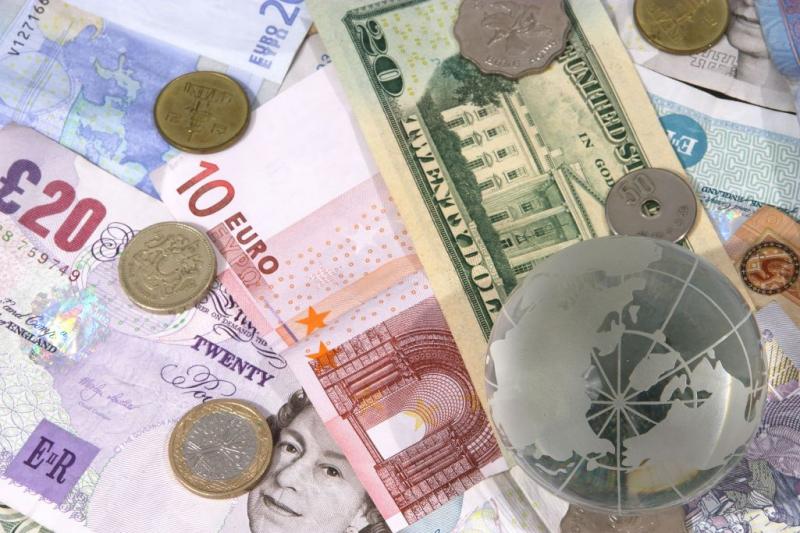
A report in yesterday’s NYT under the title “Once a Boon, Euro Now Burdens Some Nations” points out that the global financial crisis is creating ripples in the eurozone.
For some of the countries on the periphery of the 16-member euro currency zone — Greece, Ireland, Italy, Portugal and Spain — this debt-fired dream of endless consumption has turned into the rudest of nightmares, raising the risk that a euro country may be forced to declare bankruptcy or abandon the currency.
The prospect, however unlikely, is a humbling one. The adoption of the euro just a decade ago was meant to pull Europe together economically and politically, ending the sometimes furious battles over who could devalue their currency the fastest and beggar their neighbor. For the Continent, the currency signaled the potential to one day rival the United States. For its poorer countries, winning admission to the euro zone was a point of pride, showing that they had tamed their budget deficits and set their financial houses in order.
Now, in the middle of the worst economic downturn since the euro’s birth, a new view is emerging — especially as the creditworthiness of Greece, Spain and Portugal, one after the other, has been downgraded. The view is that the balm of euro membership allowed these countries to gloss over serious economic problems that have now roared to the fore.
The euro is just a currency, not a get out of jail free card. It’s silly to expect that Portugal and Germany will have the same economy just because they spend the same kind of money. After all, Mississippi and Connecticut are quite divergent despite both being on the dollar — and the United States is a single country.
And, despite Europhoria, Greece and France aren’t the same country.
While sharing a currency with some of the mightiest economies in the world helped Europe’s poorer nations share in the wealth, a boon during boom times, in hard times the rules of membership are keeping them from doing what countries normally do to ride out economic storms, including enormous spending.
So Germany, France and the Scandinavian countries are mounting billion-dollar stimulus plans and erecting fences to protect their banks. But the peripheral economies are being left to twist in the market winds. With the need for stimulus to deal with the severe downturn, these countries find themselves caught in an awful policy bind: credit is available, but only at punitive rates; and further borrowing not only breaks with European Commission dictates but raises broader questions about their solvency.
Now, one could argue that the eurozone’s poorer countries are better off in the long run because of this enforced fiscal discipline. But, as the economist John Maynard Keynes observed, in the long run, we’re all dead. Certainly, for politicians in countries unable to “do something” to demonstrate leadership in this crisis, their political careers may be killed.
Tufts political economist Dan Drezner riffing off Winston Churchill’s famous line with “The dollar is the worst reserve currency — until you consider the alternatives” notes that all of this belies the notion that the dollar will be overtaken any time soon.
James Joyner is managing editor of the Atlantic Council.
Image: STOCK%20-%20Financial%20Crisis.jpg

